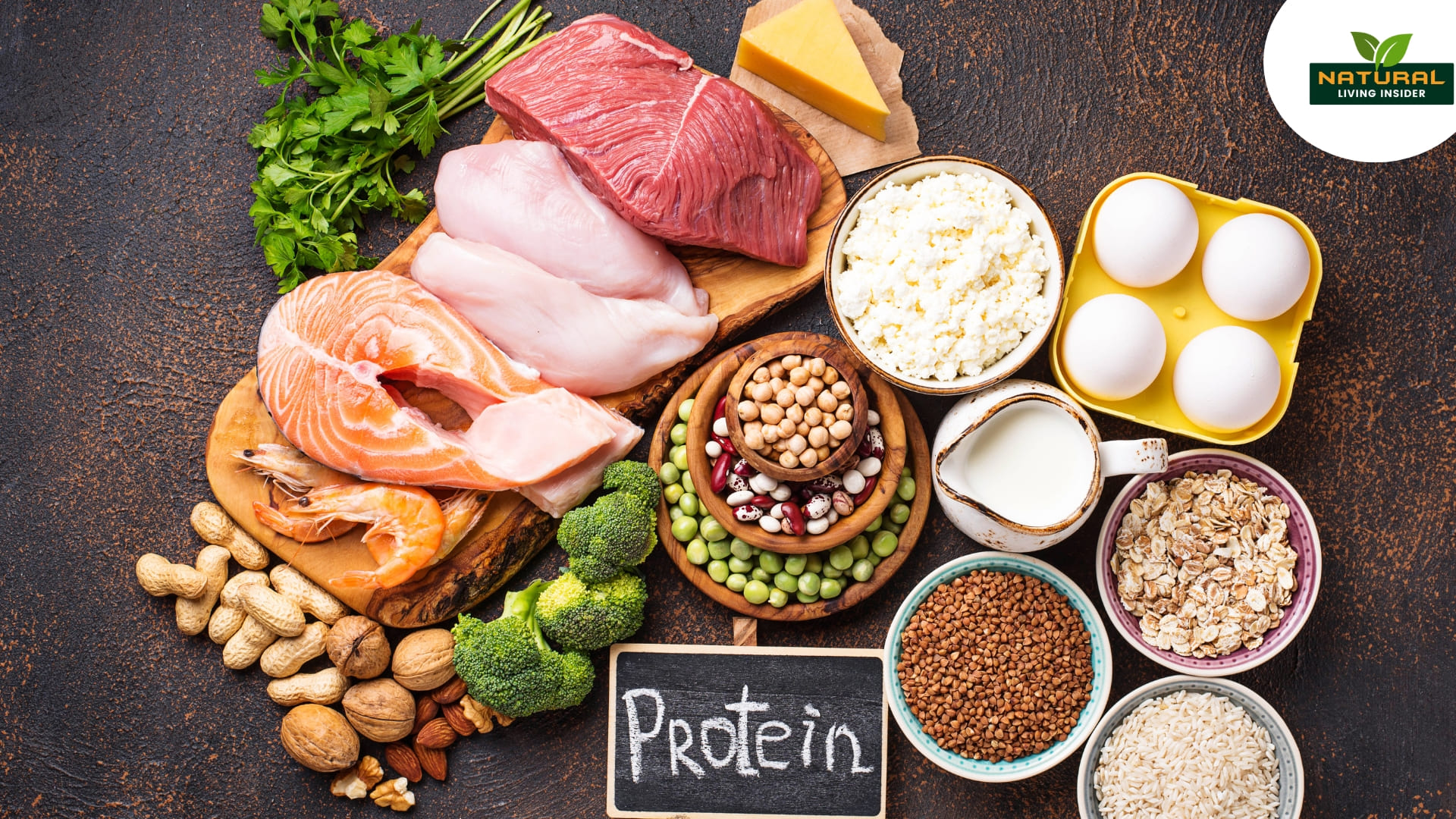
Protein plays a crucial role in maintaining and improving overall health, acting as a building block for muscles, skin, enzymes, and hormones. Incorporating adequate protein in your diet is essential, whether your goal is muscle growth, weight loss, or general well-being. Here, we explore key aspects of protein consumption, including its role in muscle development, weight management, and metabolic health, as well as healthy protein sources and recommended daily protein intake.
Table of Contents
Protein for Muscle Growth
Protein is a cornerstone of muscle development. When you engage in strength training or other physical activities, your muscle fibers experience tiny tears that require repair. Protein provides the amino acids needed for this repair and growth process, leading to stronger and larger muscles.
Key points to consider:
- Timing Matters: Consuming protein after exercise can enhance muscle recovery and growth.
- High-Quality Sources: Lean meats, eggs, dairy, and plant-based options like lentils and tofu are excellent for muscle repair.
- Protein Synthesis: Combining protein intake with resistance training optimizes muscle protein synthesis.
Protein for Weight Loss
Incorporating protein into your diet can support weight loss by reducing hunger and promoting satiety. High-protein diets are associated with lower calorie consumption throughout the day due to their ability to regulate hunger hormones like ghrelin.
Benefits of protein for weight loss:
- Boosts Satiety: Foods rich in protein keep you full longer, reducing the temptation to snack.
- Preserves Lean Mass: During weight loss, protein helps retain muscle mass while promoting fat loss.
- Thermic Effect of Food (TEF): Digesting protein burns more calories compared to carbohydrates or fats.
Healthy Protein Sources
Not all protein sources are created equal. Choosing high-quality, nutrient-rich options ensures that you’re not just meeting your protein needs but also nourishing your body with essential vitamins and minerals.
- Animal-Based Proteins:
Lean chicken, fish, turkey, eggs, and low-fat dairy products are excellent sources of complete proteins containing all nine essential amino acids. - Plant-Based Proteins:
Lentils, chickpeas, quinoa, tofu, tempeh, and nuts are great for vegetarians and vegans. Combining plant-based proteins can help ensure a complete amino acid profile. - Protein Supplements:
Whey protein, casein, and plant-based protein powders can be convenient for meeting daily protein requirements, especially for active individuals.
Recommended Protein Intake
The amount of protein needed varies based on age, activity level, and health goals. Here are some general guidelines:
- General Population: The Recommended Dietary Allowance (RDA) for protein is 0.8 grams per kilogram of body weight.
- Active Individuals: Those engaging in regular exercise may benefit from 1.2–2.0 grams per kilogram of body weight.
- Elderly Adults: Higher protein intake (1.2–1.5 grams per kilogram) can help prevent muscle loss associated with aging.
For optimal health, distribute protein intake evenly across meals.
Protein and Metabolism
Protein plays a critical role in regulating your metabolism. It requires more energy to digest than fats or carbohydrates, a process known as the thermic effect of food (TEF). Additionally, adequate protein intake helps maintain muscle mass, which is metabolically more active than fat tissue.
How protein impacts metabolism:
- Increases Calorie Burn: Protein digestion can boost your metabolic rate temporarily.
- Supports Muscle Mass: Maintaining lean muscle through adequate protein intake ensures a higher resting metabolic rate.
- Stabilizes Blood Sugar: Protein slows down the absorption of sugar into the bloodstream, reducing insulin spikes and crashes.
Eating adequate protein is vital for achieving a range of health goals, from building muscle to managing weight and maintaining metabolic health. By incorporating a mix of animal-based and plant-based protein sources into your diet, you can ensure you’re meeting your body’s needs. Pair this with an understanding of your daily protein requirements, and you’re on the path to a healthier, more energized lifestyle.
Whether you're looking to grow muscle, lose weight, or simply feel your best, protein is your ally. Make it a central part of your diet and experience the transformative benefits it offers!



